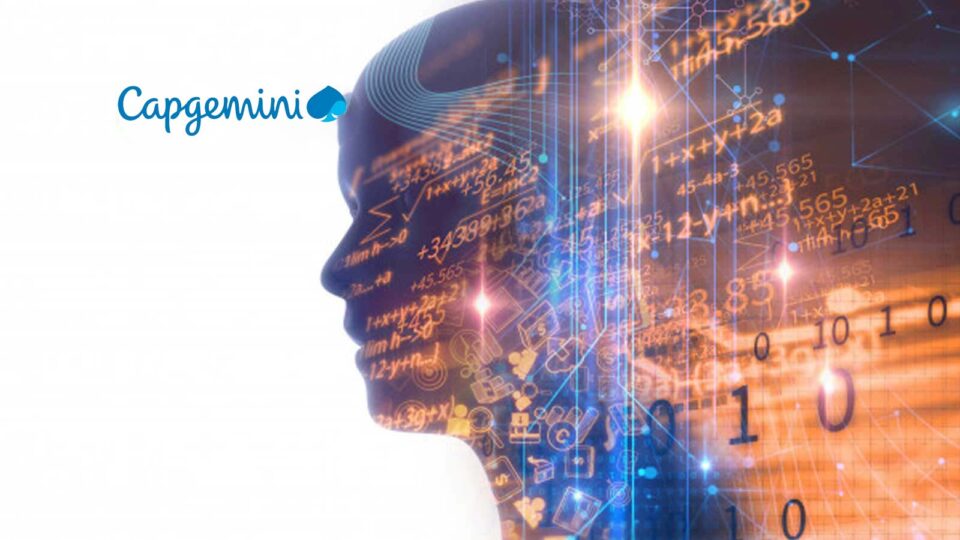The mining and metals company, Eramet, has worked closely with Capgemini to leverage artificial intelligence for the transformation of the mining operations of its subsidiary “Grande Côte Opérations” (GCO), that specializes in mineralized sands, with the aim to facilitate revegetation and land rehabilitation.
In Senegal, Eramet’s local subsidiary, GCO, produces mineralized sands. To extract minerals present in small quantities in the desert sands, the company has a mobile mine comprising a dredge and a nomadic mill that operate in an artificial basin (see visuals here) within a 400 km2 mining concession.
Combining mining, 3D drone imagery and complex data volumes
GCO and Capgemini began developing a roadmap in 2020 that included optimization plans for the mine’s path, water management, extraction mechanism and energy consumption. From this work came “Connected Concession,” a platform designed to improve vegetation inventory and monitoring of mined lands to support re-vegetation and land rehabilitation efforts after mining is complete.
CIO INFLUENCE: Datometry Releases Driver Integration for BigQuery, Further Future-Proofing Its Customers’ Investments
Using a drone imagery system, the Connected Concession application provides a complete map of the mining area designated by GCO. This has notably increased the inventory capacity from 80 to 930 hectares per team member. As a result, an area previously mapped in half a day is now mapped in a few minutes. On the technical side, the collected images are transmitted in near real time to Eramet, then processed and displayed in GCO’s geographic information system (GIS) using algorithms that combine computer vision and deep learning technologies3. The solution allows Eramet to rehabilitate the areas concerned in two ways: either by replanting the soil or by identifying areas suitable for the introduction of food crops that respect biodiversity and are then used by local communities.
“The Connected Concession application is revolutionizing the way we work on an open pit mine site. It is a human, operational and technological transformation. Because we have an impact on the environment and on people, our objective in the years to come is to ensure that this impact is minimal or positive,” explains Ludovic Donati, Director of Transformation and Digital Performance at Eramet.
Some 20 experts spanning a multicultural and multidisciplinary team, including data scientists, developers, cloud architects, GIS experts, and designers specialized in user experience, participated in this project. Piloted entirely remotely, using agile methodology and lasting only one year, it involved end users on a daily basis in order to stay as close as possible to their needs.
CIO INFLUENCE: Anglicare Leverages Ribbon and Switch Connect for Voice Consolidation and Path for Microsoft Teams Deployment
Charlotte Pierron-Perlès, Head of Intelligent Industry at Capgemini Invent, said: “We are particularly proud of this program, which demonstrates how our connected Intelligent Industry approach offers powerful levers of transformation for the benefit of the environment, thanks to technologies and in particular the application of data and artificial intelligence.”
New features of the application are now being considered to extend the tool to monitor water resources, or to identify alternative routes for the mine. There is also a plan to make this technology available to local communities, government authorities and non-governmental organizations in an open data context.
With this program, Eramet won one of the four Netexplo Change 2022 Trophies, which reward initiatives highlighting sustainable and technological transformations, and Capgemini Invent was awarded in France a Silver Trophy at the Grand Prix Syntec Conseil 2022 in the “social, societal and environmental impact” category.
CIO INFLUENCE: Ascend.io Launches Solution in Partnership with Snowflake, Enabling Cost Savings for Data Teams
[To share your insights with us, please write to sghosh@martechseries.com]


